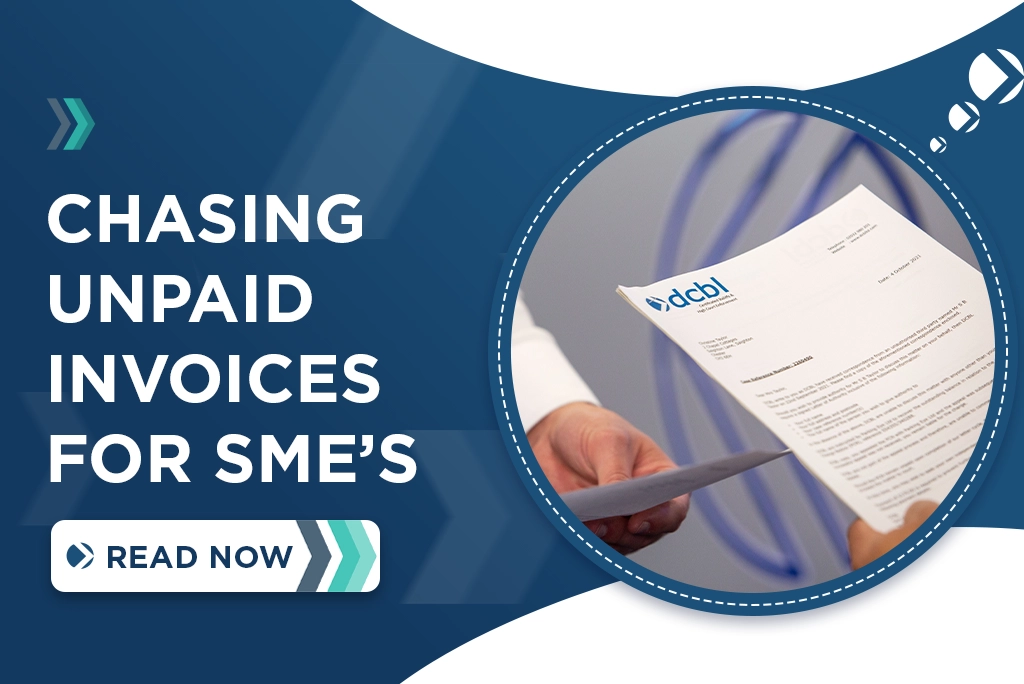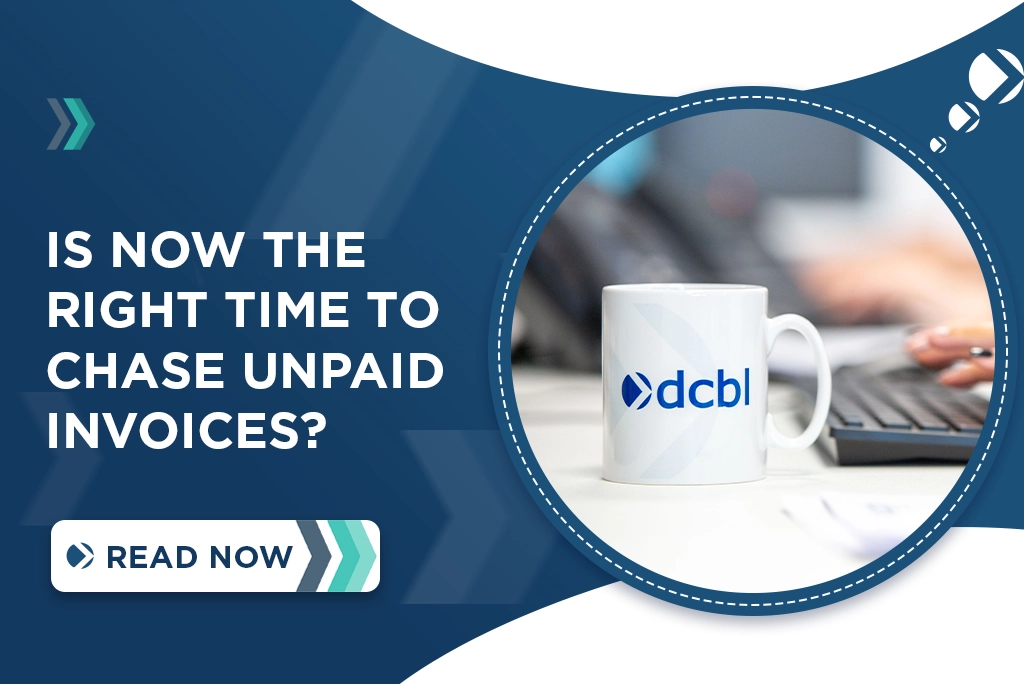
Chasing Unpaid Invoices – A Guide for SMEs
16th March 2021
Chasing unpaid invoices, or more specifically, knowing how to chase unpaid invoices can seem like a timely task. This is especially true for business owners that find themselves asking “how long can you chase an unpaid invoice?”.
It is no secret that the chances of sending an invoice and then being paid late are relatively high. Chasing payments may be an inevitable part of any SME, however, this doesn’t mean that you can’t put acts in place to encourage prompt payments.
Large and small businesses need a procedure for when goods or services are not paid within the payment terms time limit.
How Long Can You Chase an Unpaid Invoice?
Many business owners are unaware of how to deal with unpaid invoices, which may result in the debt becoming Statute Barred.
A Statute Barred debt, under the Limitations Act 1980, is when the creditor (you) has run out of time to enforce the recovery of the debt. In the United Kingdom, a debt becomes Statute Barred after a time period of six years.
Having a good invoicing process, as well as chasing overdue invoices effectively, can help prevent more serious debt recovery action.
We have produced this helpful guide to assist with chasing unpaid invoices, and have laid out a basic template for the process that your business could adopt.
5 Tips for Getting Paid on Time
Is your credit control team’s account software showing more unpaid invoices than paid ones? If so, then a robust approach to ensuring payments are made on time is important.
Here are some top tips you can start using to help keep invoices paid on time and your cash flow healthy. No business should have to worry about chasing unpaid invoices.
1. Have a Process for Invoicing
You can save time and effort by setting out a standard invoicing process and automating the steps wherever possible.
Creating clear communication templates will keep the process flowing quickly, stopping anything from falling through the cracks.
It is important to outline when the payment date is, so the customer is aware of when to pay. This is usually 30 days or 60 days following the receipt of the invoice.
2. Keep It Friendly
It goes without saying that any invoice reminders should be friendly in tone, as this will help nurture the client relationship.
There should be no assumption that they will pay late, so the message should be received as a gentle reminder.
Lines of communication should be kept open and will help your clients or customers to remember to pay on time. After all, forgetting the payment date of an invoice is easily done especially if they are busy themselves.
3. Once Late, Let Them Know You’re Serious
If the deadline for payment passes and the invoice becomes overdue, the tone of your communication should change.
You do not need to be unpleasant, however, you should be more firm in your approach to get the invoice paid.
Showing you are serious about the money that they owe will help get this in your account sooner rather than later.
4. Use Other Means of Communication
If email reminders show no signs of success, it is time to pick up the phone and speak to the debtor.
It is harder for someone to ignore a phone call, and if they do not pick up after a few tries this may indicate their intentions for paying.
5. Know When to Use a Debt Collection Agency
There comes a tipping point where chasing unpaid invoices is no longer viable without specialist intervention. This could be an amount of time after the deadline, or it could be a lack of communication from the debtor.
In some cases, you can judge by repeated excuses that the debtor has no intention of ever paying. That’s when you need to speak to a professional debt recovery agency such as DCBL.
By instructing a debt collection agency to recover the unpaid invoices, it is important to know that this doesn’t mean you are burning bridges with your client.
DCBL are an ethical and professional debt recovery agency that focuses on maintaining the relationship with the debtor.
In fact, taking this step shows your debtor you can take reasonable measures and reduces the likelihood they will delay future payments.

Bonus Tip: Add Debt Collection to Your Terms of Business
You can include a clause for the cost of using a third-party agency in the event of late payment. This essentially means that any commission taken by a debt recovery agency is what the debtor has to pay.
If you don’t have a clause in place, we recommend that you look into doing this as soon as possible. Always remember to seek legal advice before amending your terms of business to ensure you are making the right changes.
How to Chase Unpaid Invoices – A Basic Process to Adapt to Your Business
Every business has its own processes for chasing unpaid invoices, however, here is a basic outline they can adapt:
- Raise the invoice in good time before the payment deadline (at least a week or two in advance)
- Send a friendly reminder a few days before the payment deadline
- A final reminder on the due date, attaching the original invoice
Hopefully, by this point, the client should pay the invoice. However, if this is not the case…
- Send the first overdue notice a few days after the due date, remembering to keep it friendly, brief and direct.
- Follow this up in the following week with phone calls and/or letters, so there is no chance they have missed your efforts to resolve the issue.
- If the invoice is no closer to being paid, it’s time to call in a debt recovery agency to mediate.
Do you need a Debt Collection partner in place to get ensure your clients pay overdue invoices? Get in contact with our debt recovery specialists today.









